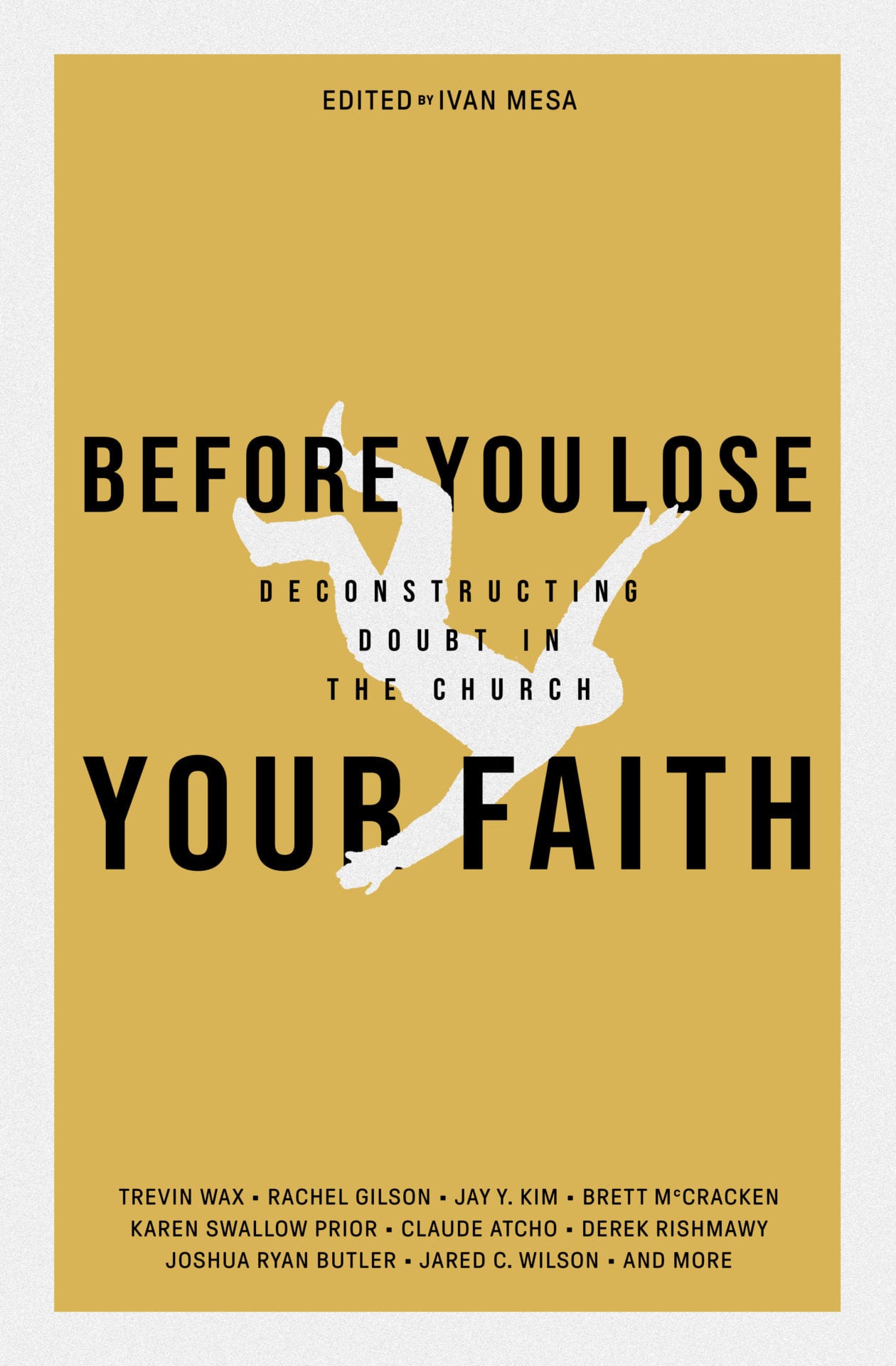Last month my wife, Paulette, died, aged just 65, after an eight-year struggle with Parkinson’s disease and many other related conditions. She lived longer than expected—she inherited powerful genes from her pioneer ancestors—but her death, though anticipated, was a deep shock nonetheless. Paulette had a powerful Christian faith: she attended and contributed to our church’s small group Bible study the day before she died, and she took part in evangelistic Bible studies in her care home right to the end. We know she is with the Lord whom she served so well in her all-too-few decades of life.
Paulette is in heaven, but I am her 63-year-old widower here on earth. With most people now living into their 80s and 90s, her passing comparatively young is a mystery.
I tell people that for those of my theological perspective—Paulette and I attended the Puritan William Perkins’s old church most happily for quarter of a century—the grief is absolutely as bad, but the perspective is different. A belief in God’s sovereignty doesn’t lessen the pain, even though it puts it in a radically different context. I may never know why God took Paulette comparatively early, or why he allowed so godly a woman to have a disease like Parkinson’s at all (she was the lady in Proverbs 31 personified!).
But I know that God knows.
Mysteries in Life
Many things have been a puzzle to me. Paulette and I couldn’t have children of our own—I will never know the reason in my lifetime. But other things have become clear with perspective.
In 1982 I was examined for a doctorate in history at Cambridge University. My internal examiner was an academic of utmost probity; my external examiner (no longer alive) was a notorious plagiarist. He asked me to do a year’s extra work on an obscure part of my thesis before he could pass it. My internal examiner was horrified! But he couldn’t overrule the more eminent examiner, so I was awarded an MLitt degree as compensation. My academic career appeared to be over.
But in 1991 I married Paulette. She believed God had given me academic gifts. In 1997 I went to see my old internal examiner, still at Cambridge. He then phoned the director of a Wake Forest/Tulane study abroad program, who that same day was looking for someone to teach 20th-century history. And in 2006 I was awarded a doctorate by the five-star-rated history department of the University of East Anglia in Norwich. Twenty-four years later, I was Dr. Catherwood at last.
God knew in 1982 how 1997 and 2006 would turn out. I sure didn’t. I couldn’t have predicted any of it back when all seemed so bleak.
When we read the book of Job, we soon discover something startling: Job never learns why anything happened to him. God’s answer to Job isn’t an explanation—only the readers have that perspective—but simply a description of God himself and his attributes. Secular readers have puzzled over this response and seen it as an inadequate explanation of the problem of suffering.
God Is the Answer
But an answer based on God’s attributes is in fact the answer. Only through his sovereign acts are any of us saved at all, since none of us deserves to be. Jesus’s suffering and sacrifice redeem us. As with Job, there’s no more we need to know. That is the context for all that befalls us this side of eternity. While much of our life is similar to Job’s—how many times did friends say to Paulette and me that we were undergoing Job-like experiences?—we have the perspective of Jesus, the cross, and the resurrection.
And that is information enough.
So why did Paulette die so young? We shall never know—except of course that from her point of view, her suffering is over, and she is now in the joy of heaven, where pain and illness are no more. But now I do know where God was in 1982, and the sovereign Lord of that year remains the same in 2018. God was with me then, and he is with me now, as mysterious as my future seems. Having the right theology isn’t something abstract; it’s not just ticking a box of correct doctrinal belief. A Reformed view makes all the difference, even in times of profoundest sorrow. A biblical perspective is transformative.
A Reformed view makes all the difference, even in times of profoundest sorrow. A biblical perspective is transformative.
As Francis Schaeffer used to say, this is true truth. Whatever we may feel—and grief is a powerful emotion—we know that the God who raised Jesus from the dead is our heavenly Father who redeemed us from our sins, to whom we can relate and tell everything. I can no longer email Paulette once an hour, but I can pray to the Savior in whose presence she now dwells. As Jesus reminded his disciples, God cares even about the small stuff. Even the sparrows know that much.
As I enter widowerhood, knowing Reformed theology doesn’t bring Paulette back—this article is my first without her—but the theology of God that comes with such a view helps me live in the present. One day I shall see Paulette again, but first there might be many years of life on earth to survive. The doctrine of God’s sovereign love—and the fact that nothing is outside his control—will help keep me going through whatever lies ahead.
Free Book by TGC: ‘Before You Lose Your Faith’
 Many young people are walking away from Christianity—for reasons ranging from the church’s stance on sexual morality, to its approach to science and the Bible, to its perceived silence on racial justice.
Many young people are walking away from Christianity—for reasons ranging from the church’s stance on sexual morality, to its approach to science and the Bible, to its perceived silence on racial justice.
TGC’s book Before You Lose Your Faith: Deconstructing Doubt in the Church is an infusion of hope, clarity, and wisdom in an age of mounting cynicism toward Christianity.
For anyone entering college or the workplace and looking for a timely reminder of why Christianity is good news in a skeptical age, make sure to get your FREE ebook Before You Lose Your Faith today!































